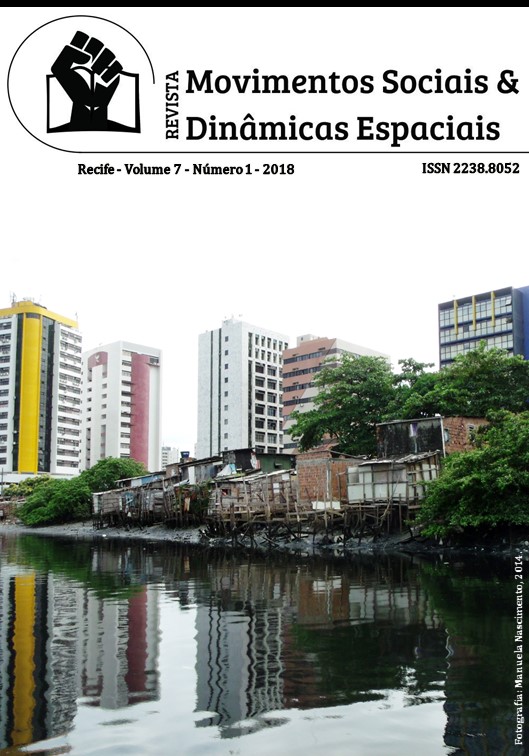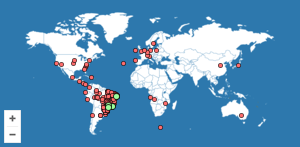Agroecological farmers’ movement in Brazil. A practical example of multi-stakeholder approach for rural development
DOI:
https://doi.org/10.51359/2238-8052.2018.237432Keywords:
Agroecology, Brazilian Farmers’ movements, Food Sovereignty, Multi-Stakeholder Approach, Smallholding Agriculture, Minas GeraisAbstract
International agendas claimed that a farmer centered approach would help in coping with food insecurity and environmental challenges toward a new sustainable paradigm of food production worldwide. Both bottom-up and multi-stakeholder participation has been suggested in order to improve effectiveness and implementation of rural development policies tailoring them to local needs and peculiarities. Farmers’ movements in Brazil have been using this approach for years, introducing agroecology to improve socio-economic and environmental conditions with the aim to obtain territorial food sovereignty for a sustainable production of food. This paper explores this issue focusing on a real case of multi-stakeholder intervention based on agroecology for rural development of the East Region of Minas Gerais in Brazil. The area is peculiar for both socio-economic difficulties of smallholding farmers and for strong environmental fragility. An international cooperation project between Italy and Brazil permitted to boost local stakeholder farmers’ networks for an endogenous agroecological transition. Key elements of the intervention are underlined in the paper in order to describe better this practical successful experience.
Downloads
Published
Issue
Section
License
Autores mantêm os direitos autorais e concedem à revista o direito de primeira publicação, com o trabalho simultaneamente licenciado sob a Licença Creative Commons Atribuição 4.0 Internacional (CC BY 4.0) que permite o compartilhamento do trabalho com reconhecimento da autoria e publicação inicial nesta revista.






















